Home > Study Material
Welcome to Daily News Analysis, your singular resource for UPSC CSE/PCS current affairs. Grasp the importance of staying updated for your UPSC/PCS journey.
Daily News Analysis presents essential news from top sources like The Hindu, Indian Express, Business Standard, and PIB, curated in line with the UPSC/PCS syllabus. Our expansive coverage includes Politics, Economics, Science & Technology, Environment, International Relations, and Governance.
Promptness and ease. We provide the day's news by 12:30 PM, serving as a consolidated, updated information hub. With Daily News Analysis, you lead the pack, equipped with trustworthy current affairs content.
Our platform's user-friendly design integrates your daily current affairs preparation into your study regime seamlessly. Explore an array of content - articles, summaries, infographics - to bolster your understanding of worldwide events.
Empower yourself with knowledge and self-assurance, and acquire a competitive advantage with Daily News Analysis. Embark on your journey towards UPSC/PCS triumph today. Remain informed, remain ahead, every single day with Daily News Analysis! Particularly beneficial for UPSC Mains, Daily News Analysis provides detailed analysis of news along with facts, catering to the broader UPSC and PCS examinations.
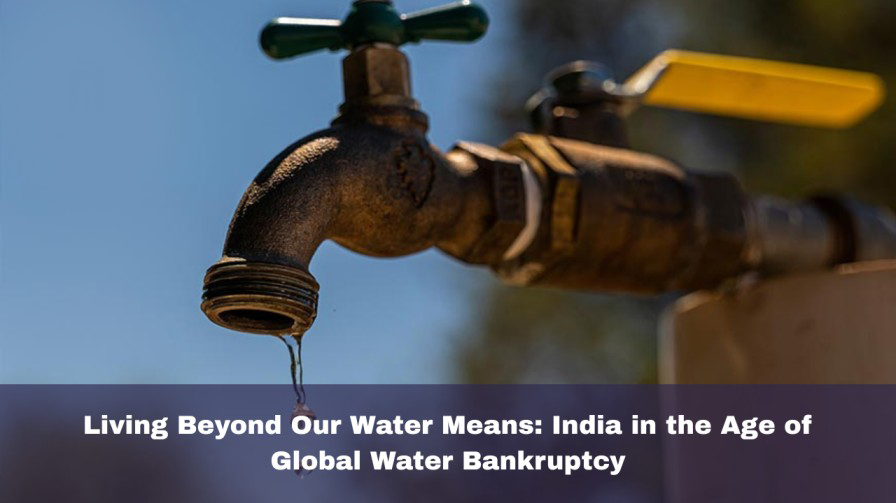
Daily News Analysis for UPSC | Current Affairs for UPSC Preparation | Dhyeya IAS / 28 Jan 2026
The latest report released in January 2026 by the United Nations University – Institute for Water, Environment and Health (UNU-INWEH), titled “Global Water Bankruptcy: Living Beyond Our Hydrological Means”, signals a major shift in the global discourse on water security. The report moves beyond the traditional and temporary notion of a “water crisis” and places the far more severe concept of “Water Bankruptcy” at the centre of analysis. Water bankruptcy arises when a nation’s annual water extraction consistently exceeds its natural recharge capacity, leading to irreversible depletion of ecological resources. India, the world’s largest user of groundwater, accounts for over 25% of global groundwater extraction. The report thus serves as a serious warning for India..
View
Daily News Analysis for UPSC | Current Affairs for UPSC Preparation | Dhyeya IAS / 19 Jan 2026
In this context, defence and security cooperation emerged as a key issue during the recent visit of German Chancellor Friedrich Merz to India. Both countries signed a joint declaration aimed at strengthening bilateral defence-industrial cooperation, reflecting their commitment to deeper strategic ties. In recent years, Germany has modified its defence export norms, simplifying the approval process for Indian procurement. Long-pending applications are now being processed more swiftly, creating a more conducive environment for defence trade..
View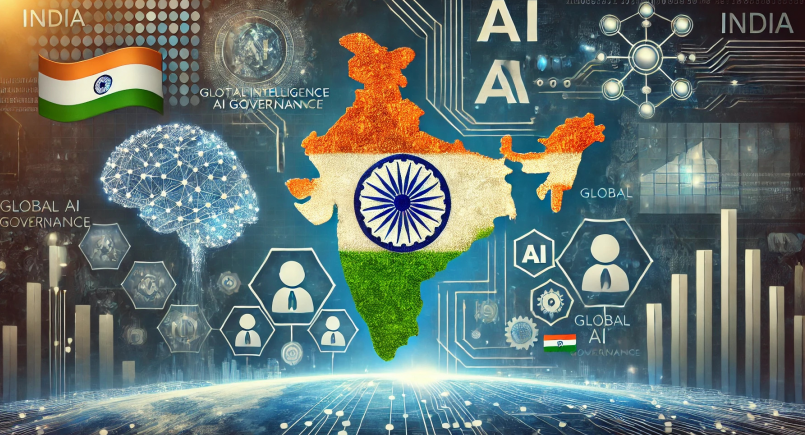
Daily News Analysis for UPSC | Current Affairs for UPSC Preparation | Dhyeya IAS / 09 Jan 2026
Artificial Intelligence (AI) has today become a decisive factor shaping global power balances, economic competition, and social transformation. Countries that adopted AI early, through policy support, investments, and institutional reforms, are now leading in innovation, productivity, and global influence. India, too, stands at the cusp of this transformation. AI is no longer confined to research laboratories or large corporations; it has entered citizens’ lives at every level. The recent roundtable interaction between Prime Minister Modi and Indian AI startups, along with the upcoming India AI Impact Summit 2026, clearly indicates that India views AI not merely as a technological upgrade but as a core national development strategy..
View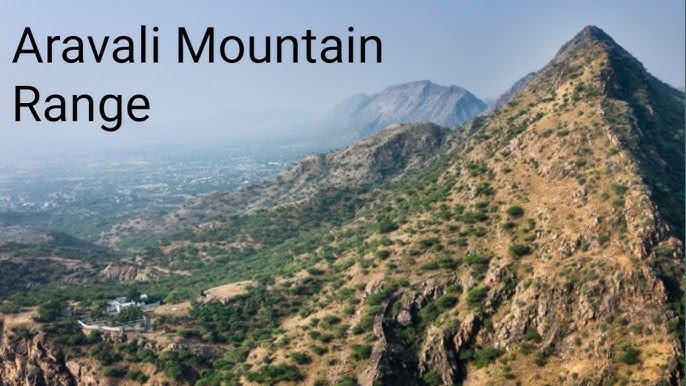
Daily News Analysis for UPSC | Current Affairs for UPSC Preparation | Dhyeya IAS / 29 Dec 2025
Recently, the Supreme Court accorded approval to the Union government’s new geographical definition of the Aravalli region, under which only those areas will be classified as ‘Aravalli’ that rise 100 metres or more above the surrounding land. This definition is to be implemented on the basis of Survey of India maps. Environmental experts argue that this redefinition could place over 90% of the Aravalli landscape outside the ambit of legal protection, thereby opening it up to mining and construction activities, which would be detrimental to the ecosystem. The Supreme Court has not imposed a complete ban on mining. Instead, it has directed the Ministry of Environment to prepare a Sustainable Mining Management Plan, after which fresh mining leases may be considered. This decision has triggered protests and the #SaveAravalli campaign in Rajasthan and several other states..
View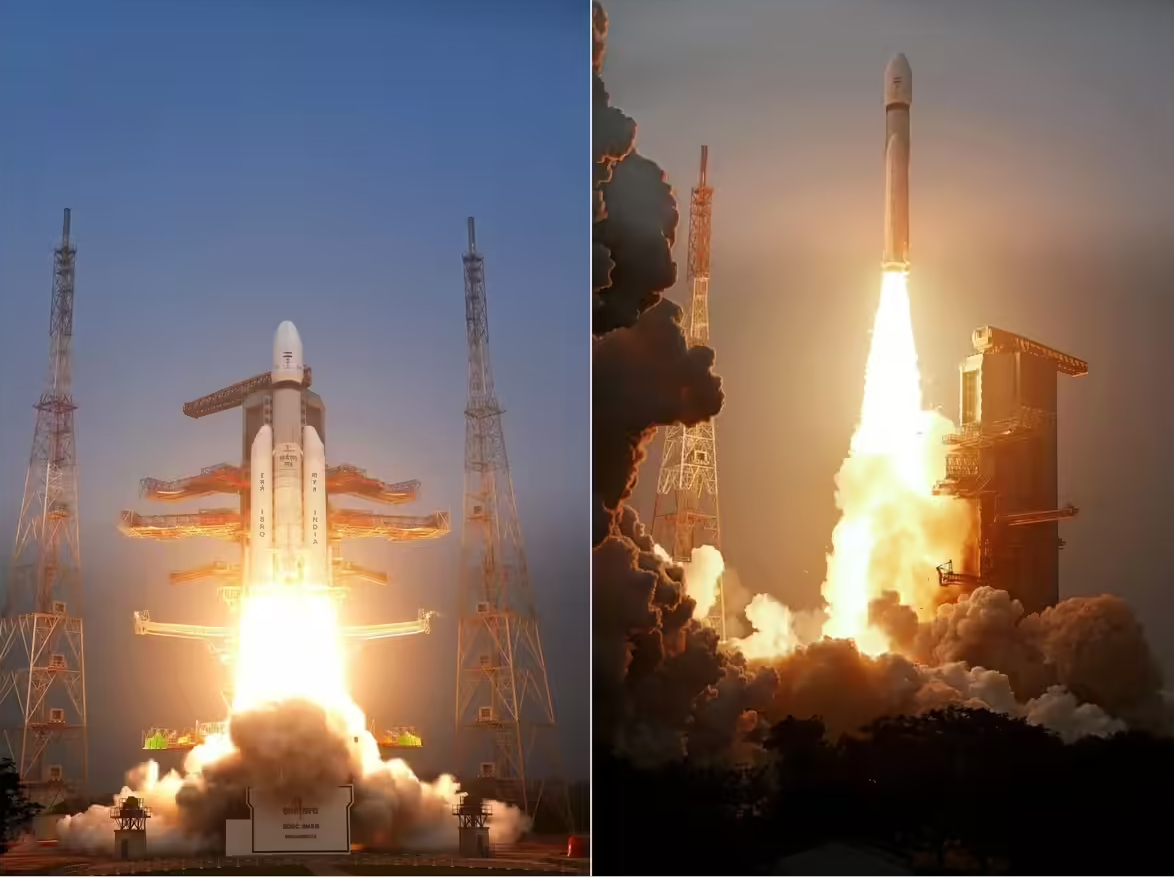
Daily News Analysis for UPSC | Current Affairs for UPSC Preparation | Dhyeya IAS / 26 Dec 2025
India’s space programme has long been admired for its scientific excellence and cost efficiency. The recent successful launch of the BlueBird Block-2 (BlueBird-6) communication satellite on 24 December 2025 marks a decisive shift in the nature of India’s engagement with outer space. It reflects India’s transition from a predominantly state-led scientific endeavour towards a commercially competitive and geopolitically consequential space economy. Executed by the Indian Space Research Organisation (ISRO) using the LVM3-M6 rocket from Sriharikota, the mission represents far more than a routine satellite launch..
View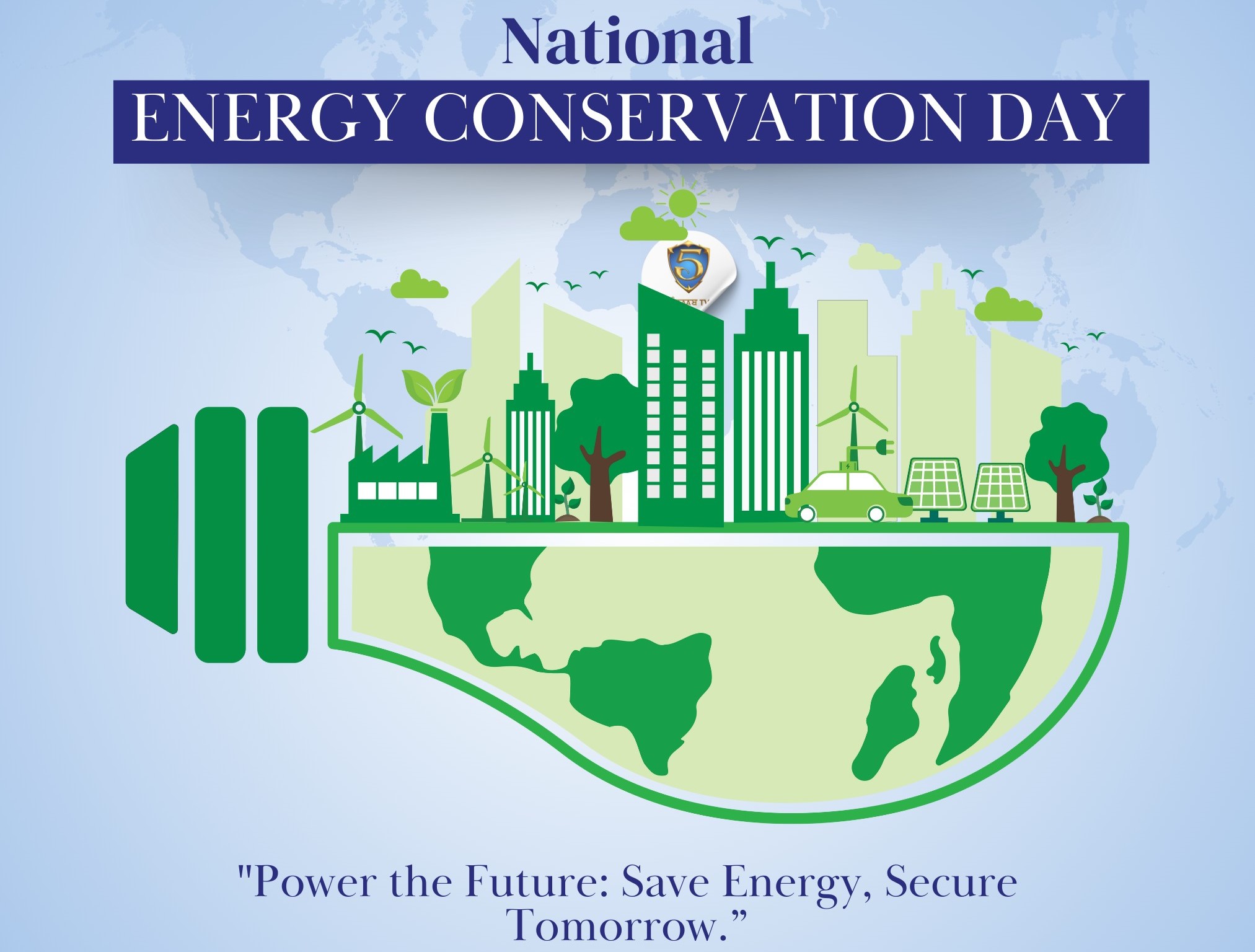
Daily News Analysis for UPSC | Current Affairs for UPSC Preparation | Dhyeya IAS / 19 Dec 2025
Energy is more than electricity or fuel; it powers modern life, lighting homes, driving industries, enabling transportation, supporting digital services, hospitals, and schools. It underpins economic growth, social development, and technological advancement. As India’s economy expands, the demand for reliable and sustainable energy continues to rise, necessitating not only an expansion of supply but also responsible and efficient energy use..
View
Daily News Analysis for UPSC | Current Affairs for UPSC Preparation | Dhyeya IAS / 09 Dec 2025
India has released the second National Action Plan on Antimicrobial Resistance (NAP-AMR 2.0) for 2025–29 at a time when antimicrobial resistance is rapidly emerging as one of the gravest public health threats of the century. Launched by the Union Minister of Health and Family Welfare, the new plan builds on India’s earlier efforts from 2010 onwards and aims to translate national intent into coordinated action across human health, animal health, agriculture, aquaculture, food systems and the environment..
View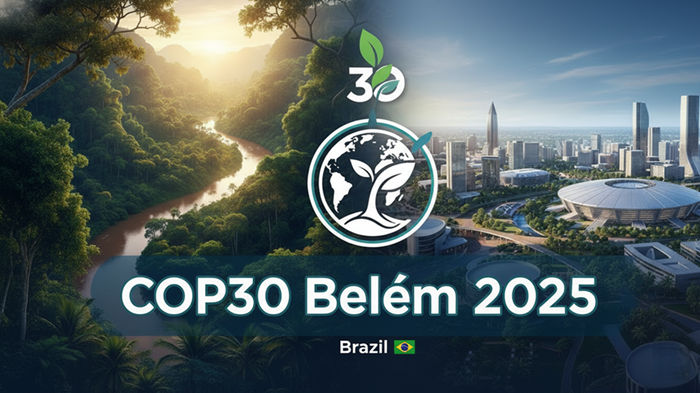
Daily News Analysis for UPSC | Current Affairs for UPSC Preparation | Dhyeya IAS / 01 Dec 2025
Get a comprehensive breakdown of the COP30 summit in Belém, Brazil — its major outcomes on climate finance, forest conservation, adaptation funds, and just-transition plans. A detailed, exam-oriented analysis by Dhyeya IAS for UPSC/PSC aspirants..
View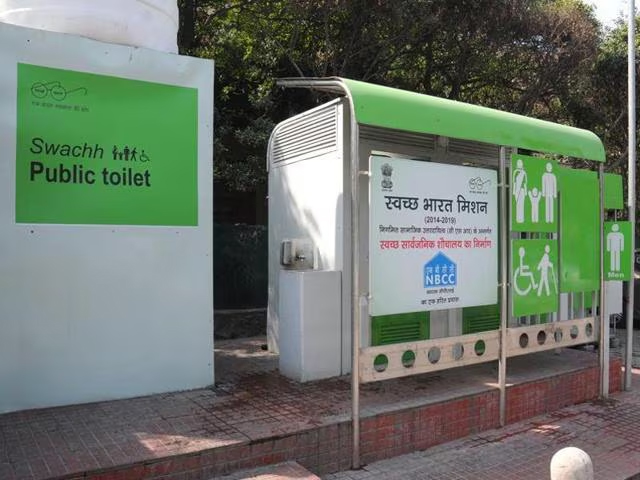
Daily News Analysis for UPSC | Current Affairs for UPSC Preparation | Dhyeya IAS / 24 Nov 2025
Explore India’s transition from “Open Defecation Free” to ODF Plus, integrating solid & liquid waste management for lasting sanitation gains. Understand key policies, challenges and next steps with expert analysis from Dhyeya IAS..
View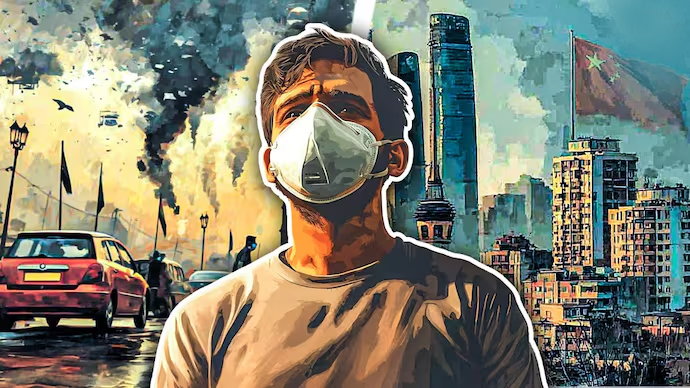
Daily News Analysis for UPSC | Current Affairs for UPSC Preparation | Dhyeya IAS / 21 Nov 2025
Explore how China’s strict policies and accountability helped tackle its ‘airpocalypse’ — and what India can learn. This Dhyeya IAS article analyses India’s pollution crisis, comparing key strategies and offering policy-insights for long-term change..
View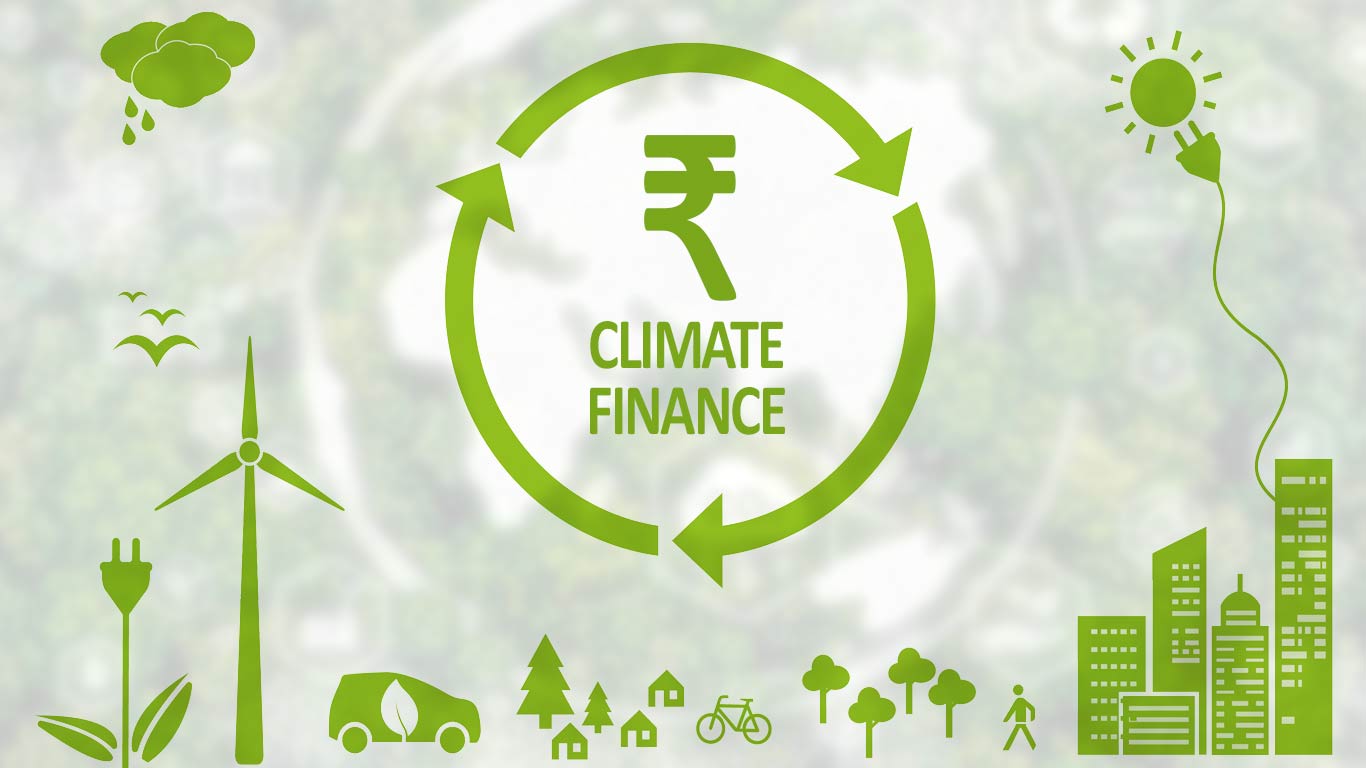
Daily News Analysis for UPSC | Current Affairs for UPSC Preparation | Dhyeya IAS / 20 Nov 2025
Explore India’s climate roadmap to 2035 with Dhyeya IAS: detailed insights into its Nationally Determined Contributions (NDC), the economic opportunities, policy challenges, and way forward for achieving sustainable development goals..
View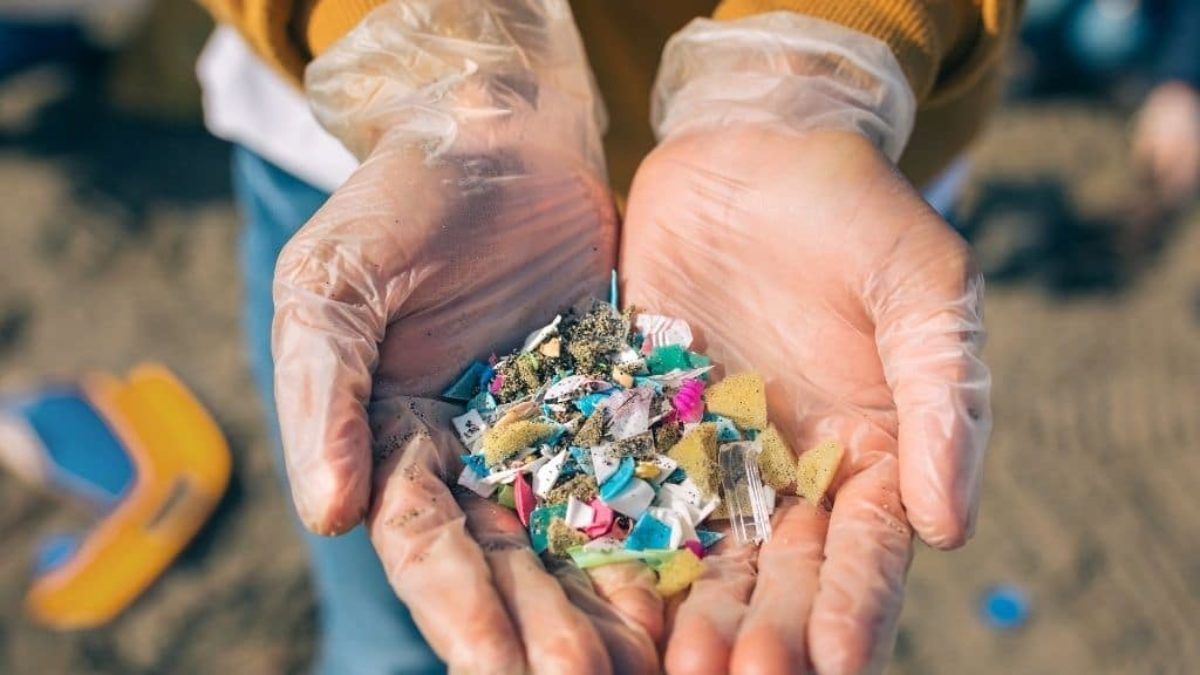
Daily News Analysis for UPSC | Current Affairs for UPSC Preparation | Dhyeya IAS / 19 Nov 2025
Explore how inhalable microplastics in Indian cities are emerging as a major air pollutant. Dhyeya IAS examines their origin, health risks — like inflammation, heavy-metal exposure and pathogens — and policy-level solutions for sustainable urban air quality..
View